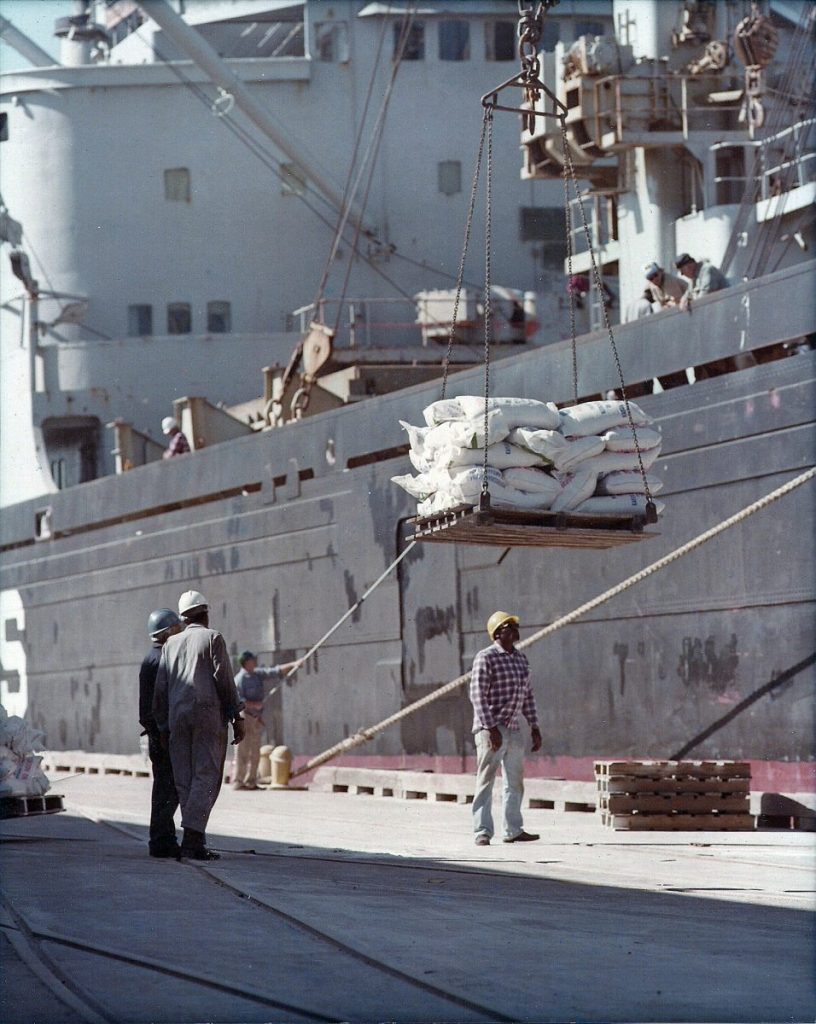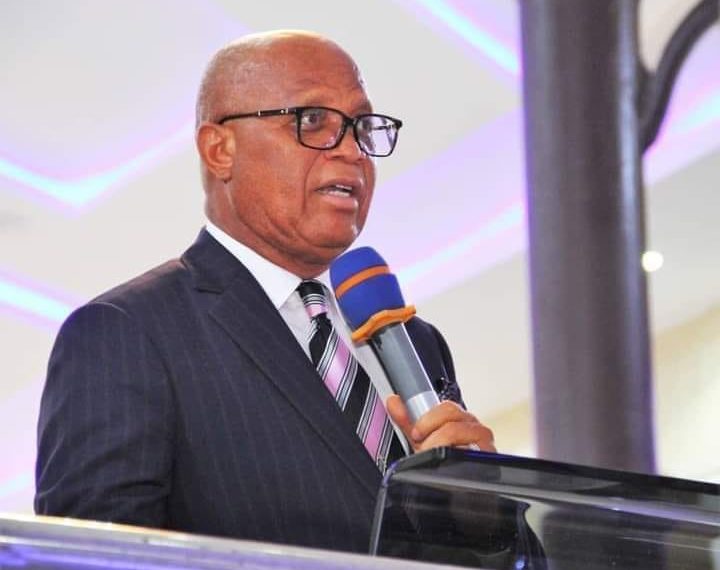Victor Ahiuma-Young
NATIONAL Union of Petroleum and Natural Gas Workers, NUPENG, has accused Shell Petroleum Development Company, SPDC, of spearheading the casualisation and outsourcing of workers in the nation’s oil industry.
NUPENG, which has threatened to shut down Nigeria’s Petroleum industry, is also up in arm with SPDC over sale of oil blocs without allegedly discussing with other stakeholders especially organized labour.
President of NUPENG, Comrade Achese Igwe, called on the Nigerian National Petroleum Corporation, NNPC, SPDC and others involved in the sales and buy out of the oil blocks to establish a negotiating team involving NUPENG and its Petroleum and Natural Gas Senior Staff Association of Nigeria, PENGASSAN, counterpart, to determine the future roles of the workers in production and industrial relations.
Comrade Igwe said the issue of casualisation/contract staffing should be well spelt out and that workers operating under it must not only have conditions of service, but allowed to unionise, among other thing to avoid industrial unrest.
“The SPDC is the guiltiest in the casualisation of workers in the industry. It has spearheaded this canker-worn by contracting out/sourcing very large portion of their workforce to labour contractors to provide support services to the company. They do this notwithstanding that the jobs are continuous, routine and permanent in nature and pay the contractors service handling charges or commission. It is modern day slavery.
The most worrisome aspect is wicked conversion of labour/manpower contracts to service contracts and their fragmentation to very little tenures, which are reduced to short tenures to make the unionization drive impossible.”
“In SPDC, there are seven labour contractors providing drivers in the land transport/logistics department alone with over 2,000 drivers across the country and over 30,000 service contractors involved in the employment of workers to provide support services to Shell Operations spread over 4,000 communities in 11 states of the federation. Shell management said in a union/management meeting that the numbers of service contractors are large because they are used as public relations to please the local Chiefs, Youth and Community leaders to allow them (Shell) operate in their communities. These workers have no conditions of service or severance benefits. The contractors pay whatever they like and most times owed salaries for upward of six months in arrears.”
Continuing, the NUPENG’s President said, “In 2000, the union, Shell management and service contractors entered into negotiation and signed a Memorandum of Understanding (M.O.U.) which served as abridged conditions of services for the contract workers and everybody was happy. However, the management of Shell unilaterally withdrew the M.O.U. in 2002 at the time of its renewal. Since then; workers made redundant as a result of contract renewal process are not paid their terminal benefits.”
“All efforts to make service contractors and Shell management see reason to negotiate a terminal benefit for the workers since 2008 have failed to yield positive result. As a result of these challenges, a cOl1lmittee was set up by the Minister of Labour, Chief Emeka Wogu and some guidelines have been issued waiting for implementation by all the parties.”
On the sale of oil blocs, Comrade Igwe lamented that only recently, it was reported that SPDC had sold its oil blocs, flow stations, well heads and other assets onshore in the Niger Delta to Nestoil, Con Oil without following due process.
“The Union and other secondary groups operating in SPDC were not carried along and taken into confidence about the future existence of workers and officials roles of the Union in those companies that bought over SPDC assets. The SPDC management did not even consider it necessary to consult with the leadership of the Union and the workers whose destiny has been traded away in the action game. NNPC that has 55 percent share in the joint venture arrangement seem not to be carried along too, hence the controversy following the sale. We believe the Union was deliberately sidelined and kept in the dark to prevent members of the public from knowing anything about the deals and transactions which lack transparency in its totality. If Shell had nothing to hide; it should have involved the unions as stakeholders. We therefore suspect foul-play for SPDC and others to have hurriedly sold those blocs without considering the fate of the workforce.”
“To avoid industrial unrest in the sector, the issue of casualisation/contract staffing should be well spelt out and workers operating under it must have conditions of service. They should also be allowed to unionise. A stakeholder meeting involving NUPENG and PENGASSAN should be set up to review the transfers and sales of oil blocs etc as a drive towards transparency. The NNPC SPDC and others involved in the sales and buyout should establish a negotiating team involving NUPENG and PENGASSAN to determine the future roles of the workers in production and industrial relations. Meanwhile a halt should be placed on the transfers and sales pending when the union’s prayers are positively considered,” he said.



